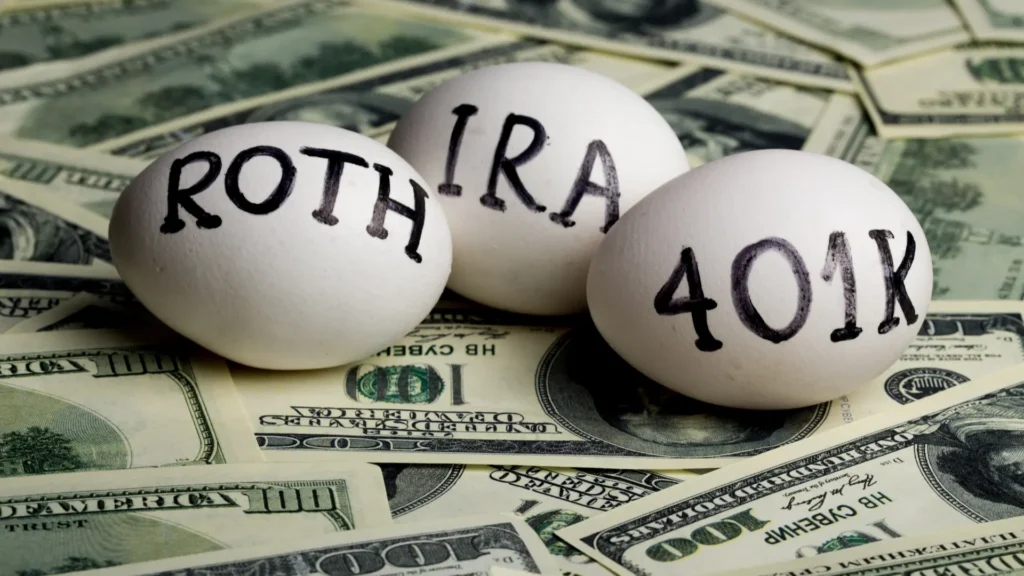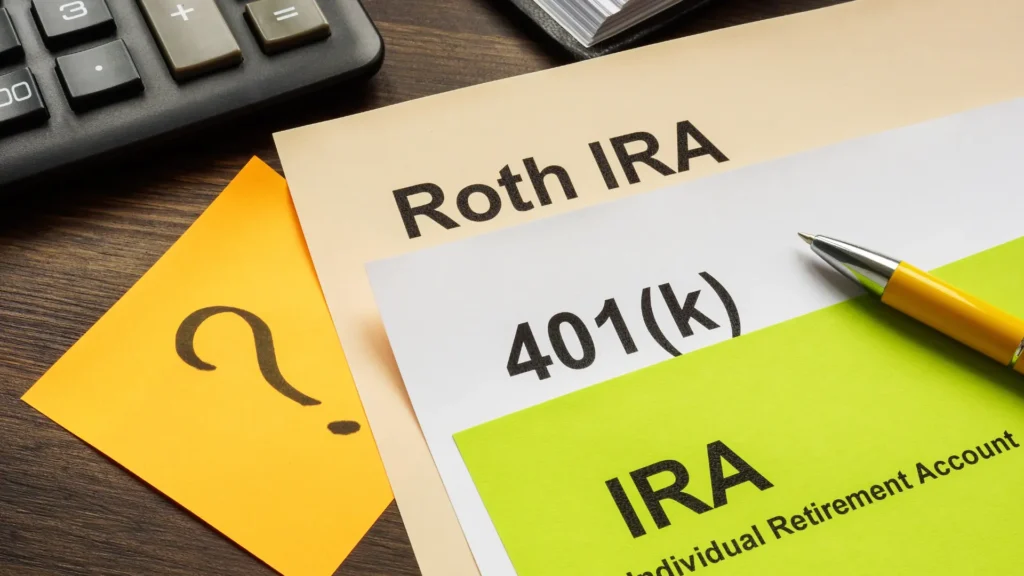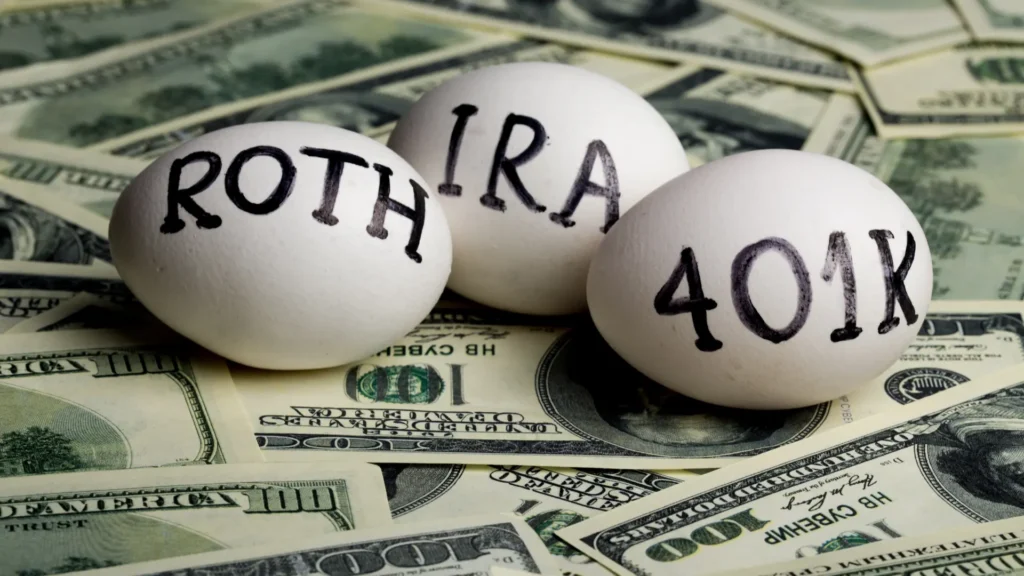Introduction Ditch the Hustle for the Sunset: 7 Strategies for Secure Retirement Income in Your Small Business. For any small business owner, the journey to success is paved with passion, perseverance, and a relentless pursuit of growth. But amidst the daily grind of building your dream, an often-overlooked aspect – your own retirement security – can easily fall by the wayside. Yet, without a solid plan, your future comfort remains just as precarious as your start-up years. This is where strategic planning becomes crucial. Just like you invest in your business, investing in a secure retirement income requires deliberate action. This blog outlines 7 powerful strategies specifically tailored for small business owners, empowering you to navigate the path toward financial independence in your golden years. 1. Maximize Tax-Advantaged Accounts: Solo 401(k)s and SEP IRAs are your retirement superweapons. These accounts offer significantly higher contribution limits than traditional IRAs, allowing you to sock away more money pre-tax, reducing your taxable income today. With Solo 401(k)s, you can even act as both employer and employee, maximizing your annual contributions. Choose the best option based on your specific needs – Solo 401(k)s cater to solo businesses or those with few employees, while SEP IRAs are simpler to administer but have lower contribution limits. Remember, utilizing these valuable tools consistently over time can snowball into a substantial retirement nest egg. 2. Design a Profit-Sharing Plan: Here’s a strategy that benefits both you and your employees. A well-structured profit-sharing plan incentivizes your team, fosters loyalty, and contributes to your own retirement savings. When your business thrives, a predetermined percentage of the profits is shared with your employees, often deposited into their pre-tax retirement accounts. This increases employee morale, reduces turnover, and ultimately paves the way for a more sustainable, profitable business – a win-win scenario for everyone. 3. Consider Guaranteed Income Options: Annuities, once considered grandma’s investment, can offer surprisingly valuable peace of mind for business owners nearing retirement. Fixed annuities guarantee a predetermined stream of income for a specific period or your lifetime, providing a crucial safety net against market fluctuations. Immediate annuities, on the other hand, offer a lump sum payout in exchange for your retirement savings, essentially converting your nest egg into a guaranteed income stream. Explore these options carefully, understand the associated fees and surrender charges, and consult a financial advisor to determine if they align with your specific needs and risk tolerance. 4. Invest in Long-Term Growth: The stock market might seem like a roller coaster, but for long-term investors, it can be a powerful wealth generator. Invest in low-risk, high-growth assets like index funds and dividend-paying stocks. Index funds offer broad diversification, minimizing risk while capturing the overall market growth. Dividend-paying stocks provide a steady stream of income, supplementing your retirement savings. Remember, investing for retirement is a marathon, not a sprint. A disciplined approach with a long-term horizon can weather market storms and deliver substantial returns over time. 5. Implement Debt Elimination Strategies: Business debt, like a persistent shadow, can significantly hinder your retirement plans. High-interest loans eat into your profits, leaving less room for investments. Focus on aggressively paying down debt. Explore refinancing options for lower interest rates, implement budgeting strategies to reduce unnecessary expenses, and consider debt consolidation plans. Remember, a debt-free business frees up capital for future investments, ultimately enriching both your present and future financial well-being. 6. Leverage Business Assets: Think beyond your typical investment portfolio. Your business itself can be a valuable asset for generating retirement income. Consider real estate investment trusts (REITs) backed by commercial properties like office buildings or warehouses. These offer steady income streams without the direct management hassles. Alternatively, if your business has room for expansion, reinvest profits into growth initiatives. A carefully planned expansion can not only increase your current income but also generate higher valuations in the future, potentially providing a lucrative exit strategy when it’s time to retire. 7. Seek Professional Financial Guidance: Navigating the complex world of retirement planning can be overwhelming. Don’t go it alone. Seek the expertise of a financial advisor specializing in small businesses and retirement planning. They can assess your individual needs, situation, and risk tolerance, and create a personalized plan tailored to your goals. Whether it’s choosing the right investments, optimizing your tax strategy, or navigating complex financial products, a professional can save you time, money, and stress, putting you on the path to a secure and prosperous retirement. Remember, securing your retirement income isn’t about a single grand gesture – it’s about small, consistent steps taken over time. By proactively implementing these strategies, you can transform your business from a source of daily income to a powerful engine for generating a secure retirement lifestyle. Take control of your future, embrace these strategies, and build a roadmap. Take control of your future, embrace these strategies, and build a roadmap to a secure retirement. Remember, even the smallest steps, consistently taken, can lead you to a comfortable and fulfilling future. Don’t let your passion for your business overshadow your well-being – start planning today, and unlock the door to a golden age filled with freedom and financial security. Here are some bonus resources to help you on your journey: Connect with Us Your journey to debt relief is unique, and we’re here to help. If you have questions, need personalized advice, or want to share your experiences, connect with us here. Check out our latest blog on Is an IRA the Same as a 401(k)?
